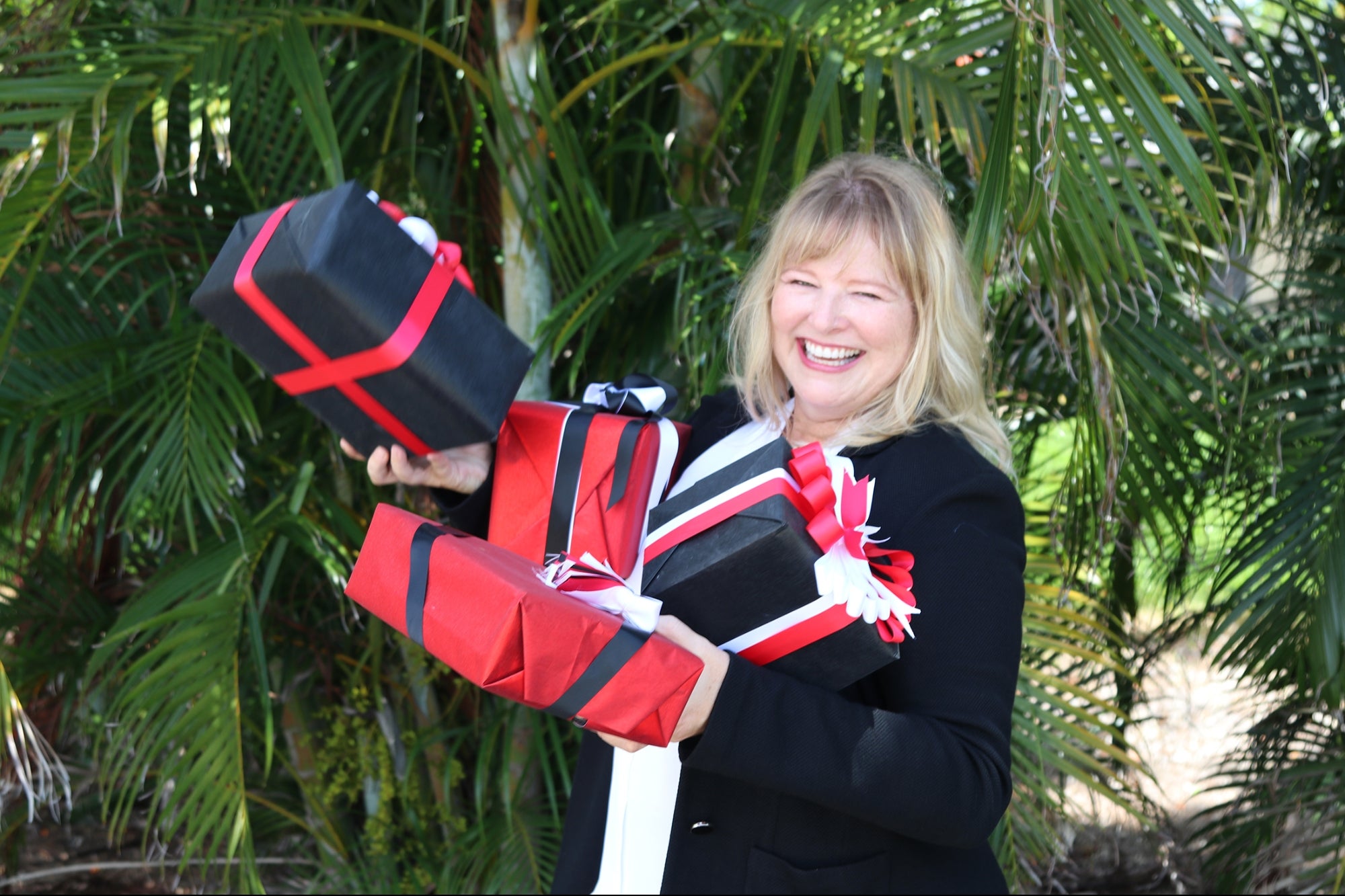Phoenix Has Hit 110 Degrees for a Month, But This One Invention Is Cooling Things Down a Tad For the Arizona city amid a record-breaking heat wave, cool surfaces bring a modicum of relief.
By Jonathan Small •
Phoenix is writhing.
For the past 31 days, temperatures in the desert city have reached or exceeded 110 degrees, sizzling the previous record of 18 days set in June 1974.
The historic heatwave blasted the Southwest in late June, stretching from Texas into California's desert. But it's been the city of Phoenix that's felt it the worse.
The heat is taxing hospitals, the city's infrastructure, and residents' patience.
"It's wearing on people," Kevin Conboy, a physician assistant with Circle the City told the New York Times. "Everyone's temperatures are hovering at 100. Everyone is complaining of feeling so fatigued and tired."
But some parts of the city aren't getting so hot, thanks partly to a new cool pavement technology designed to reflect the sun's rays back into the atmosphere rather than absorb the heat as dark asphalt does.
The city has painted over 100 miles of road with this coating material, according to the city's website. City officials said cool pavements "had an average surface temperature 10.5 to 12 degrees lower than traditional asphalt at noon and during the afternoon hours."
The website also says that the nighttime air temperatures over cool pavement are half a degree lower than on non-coated surfaces.
Related: No More AC? Scientist Invents the 'World's Whitest Paint' To Cool Down Your House
Infrared tests reveal a difference
The Washington Post recently used infrared technology to examine if the city's claims about cooling pavement were accurate. On one street, the average surface temperature on asphalt was about 154 degrees Fahrenheit. The road treated with special coating had a cooler average temperature reading of 130 degrees.
"With the deployment of cool surfaces and smart technology, we can at least offset some of the urban heat effect, if not fully offset it, moving forward," said David Hondula, director of the Office of Heat Response and Mitigation.
Phoenix is the first U.S. city with an office dedicated to managing extreme heat.
The water-based cooling pavement treatment is two to three times more expensive than the standard seal. The city eventually wants to treat 4,000 miles of residential roads.
Cooling technology at a dog park
The city pavement isn't the only public space Phoenix is treating for heat. Researchers at Arizona State University, adhesives company 3M, and the city of Phoenix are experimenting with a new ramada in a dog park coated with Passive Daytime Radiative Cooling, or PDRC.
The material has higher solar reflectance and thermal emittance than typical roofs, reflecting the heat into the atmosphere.
"What we found from initial studies were some pretty substantial positive results in terms of these coated shelters' ability to provide a better environment for pedestrians," Dave Sailor, director of the School of Geographical Sciences and Urban Planning and the main investigator on the project, told ASU News.
"It reduced what's known as the mean radiant temperature, but also convected much less heat into the urban airshed, so it's a winning solution from several perspectives."
The program has also experimented with PRDC at bus stops in the Phoenix area.
"There's not a single blanket solution that's going to work everywhere, but by testing these design strategies, we can put together a portfolio of solutions that work well for providing cooling for the Phoenix metro area," Sailor said.
He says more research is still needed to understand the full benefit and consequences to cool pavement.











